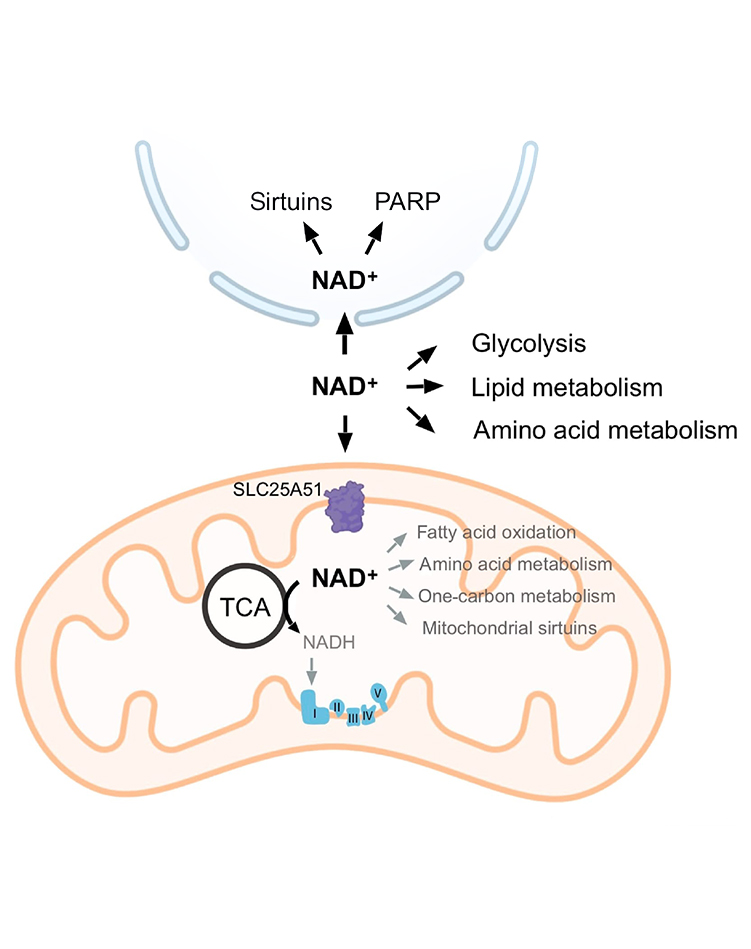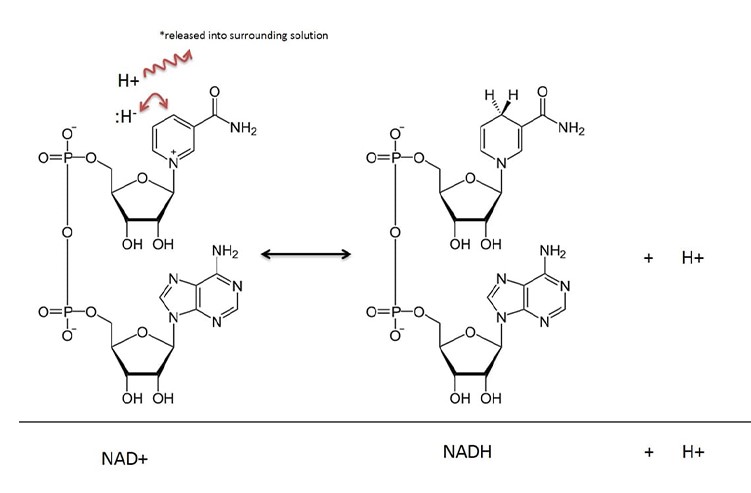The Importance of Mitochondrial Health
Mitochondria are the unsung heroes inside every cell, often called the powerhouses of the body. These tiny structures produce the energy required for nearly every function your body performs. As research advances, mitochondrial health has become a focal point in understanding overall well-being, aging, and even chronic diseases. Let’s dive into why mitochondria are so important and how you can optimise their function for better health.
What Are Mitochondria?
Mitochondria are specialised organelles within our cells that are primarily responsible for converting food and oxygen into energy. This process, called cellular respiration, produces ATP (adenosine triphosphate), which powers the body’s processes. Beyond energy production, mitochondria are involved in essential functions like cellular communication, growth, death, and maintaining the integrity of genetic material.
Mitochondria are crucial to high-energy organs like the heart, liver, and brain, which have a higher concentration of mitochondria due to their energy demands. In fact, a single active muscle cell can contain up to 2,500-3,000 mitochondria! This shows just how vital they are to maintaining proper body function.
Why Mitochondrial Health Matters
Mitochondria do more than provide energy. They are involved in several processes that affect both our physical and mental well-being:
- Energy production: Without efficient mitochondria, energy levels drop, leaving you feeling fatigued and sluggish.
- Cognitive function: Your brain needs healthy mitochondria to maintain mental clarity, focus, and long-term memory.
- Muscle strength: Mitochondria help muscles regenerate after physical exertion, and without them, recovery becomes slower.
- Aging process: As we age, mitochondria tend to become less efficient, which contributes to signs of aging and conditions like muscle loss and cognitive decline.
Mitochondrial Dysfunction
Mitochondria play a key role in cellular respiration, which is the process of converting carbohydrates, fats, and proteins from food, along with oxygen, into ATP (the energy molecules that power our body). Learn more about how ATP is made and its role here.
However, during this process,unstable molecules called free radicals (also known as reactive oxygen species) are produced. These free radicals can damage the mitochondria and their DNA over time. This damage leads to mitochondrial dysfunction, which contributes to aging and can cause various diseases.
What Happens When Things Go Wrong?
- Neurodegenerative diseases: Alzheimer's, Parkinson's, and dementia develop from brain cell dysfunction, protein buildup, and impaired neuron communication, causing cognitive and motor decline.
- Chronic fatigue syndrome: Reduced mitochondrial function can leave you feeling constantly tired and drained.
- Diabetes: Mitochondrial damage is linked to insulin resistance.
- Aging: As mitochondrial function declines, the aging process accelerates, leading to muscle loss, wrinkles, and cognitive decline.
Mitochondria also have their own DNA (mtDNA), which is more vulnerable to damage compared to chromosomal DNA. As mitochondria age, their DNA becomes damaged, leading to a reduction in energy production, inflammation, and cell death.
The Latest Breakthroughs in Mitochondrial Health
Recent research has uncovered exciting ways to optimise mitochondrial function. One major discovery is the molecule NAD+, which is important for mitochondrial energy production. As we age, NAD+ levels decline, leading to less energy and more cellular damage. Boosting NAD+ with precursors like nicotinamide riboside (NR) and nicotinamide mononucleotide (NMN) has shown promise in improving mitochondrial function and extending lifespan, though more research is needed for humans.
Another breakthrough is the process where cells remove damaged mitochondria (mitophagy). As we age, this process slows down, leading to dysfunction. Intermittent fasting and caloric restriction can help boost mitophagy, promoting healthier mitochondria. Compounds like creatine and urolithin A have also been found to stimulate mitophagy, offering potential benefits for aging.
How to Support and Optimise Mitochondrial Health
Fortunately, there are several ways you can support and improve the function of your mitochondria:
1. Exercise Regularly
Physical activity, especially aerobic exercises like running, cycling, or swimming, can boost the creation of new mitochondria. It also improves mitochondrial efficiency, helping your cells produce more energy.
2. Eat a Mitochondria-Friendly Diet
A diet rich in antioxidants, healthy fats, and proteins can support mitochondrial health. Antioxidants protect mitochondria from damage caused by free radicals. Foods such as berries, green leafy vegetables, nuts, and omega-3 fatty acids (from fish) are excellent for mitochondrial health.
3. Improve Sleep Quality
Sleep is essential for mitochondrial repair. During deep sleep, your mitochondria regenerate and repair themselves. Poor sleep can disrupt mitochondrial function and contribute to fatigue and cognitive issues.
4. Consider Supplements
Certain nutrients and supplements can support mitochondrial function:
- CoQ10: A powerful antioxidant that helps mitochondria produce ATP and protect against oxidative stress.
- L-carnitine: Helps transport fatty acids into mitochondria for energy production.
- NAD+ boosters: NAD+ (Nicotinamide Adenine Dinucleotide) is essential for mitochondrial energy production and may decline with age. Supplementing with NAD+ precursors like nicotinamide riboside can support mitochondrial health.
5. Manage Stress
Chronic stress increases cortisol, a hormone that negatively impacts mitochondrial function. Managing stress through meditation, yoga, or deep-breathing exercises can help preserve mitochondrial health.
The Role of CAP+ Technology in Supporting Mitochondrial Health
At WellGen, we focus on optimising mitochondrial health through Cold Atmospheric Plasma (CAP+) technology, used in our Human Regenerator Jet. This advanced therapy works to support mitochondrial function by stimulating cell regeneration and improving ATP production. The Human Regenerator Jet helps enhance energy, reduce inflammation, and support cellular recovery, promoting better overall mitochondrial function.
By using CAP+ technology, we can support the body's natural processes by increasing the potential of regenerating damaged mitochondria and support the production of new healthy ones which are key to maintaining long-term vitality and energy.
Mitochondrial Health is Key to Your Wellness
Your mitochondria are at the heart of your health, powering everything from physical energy to mental clarity. Optimising mitochondrial health through a combination of diet, exercise, quality sleep, and the innovativeHuman Regenerator Jet at WellGen can improve your energy levels, enhance recovery, and help you live a more vibrant life. Taking care of your mitochondria is not just about boosting energy, it’s about investing in long-term well-being and vitality.
Disclaimer: This information is for educational purposes only. Individuals should conduct their own research and consult with a healthcare professional before incorporating these supplements into their routine.
FAQs About Mitochondrial Health
Mitochondria produce ATP, support cellular communication, regulate cell growth and death, and maintain calcium balance. They are crucial for energy production and overall cellular health.


